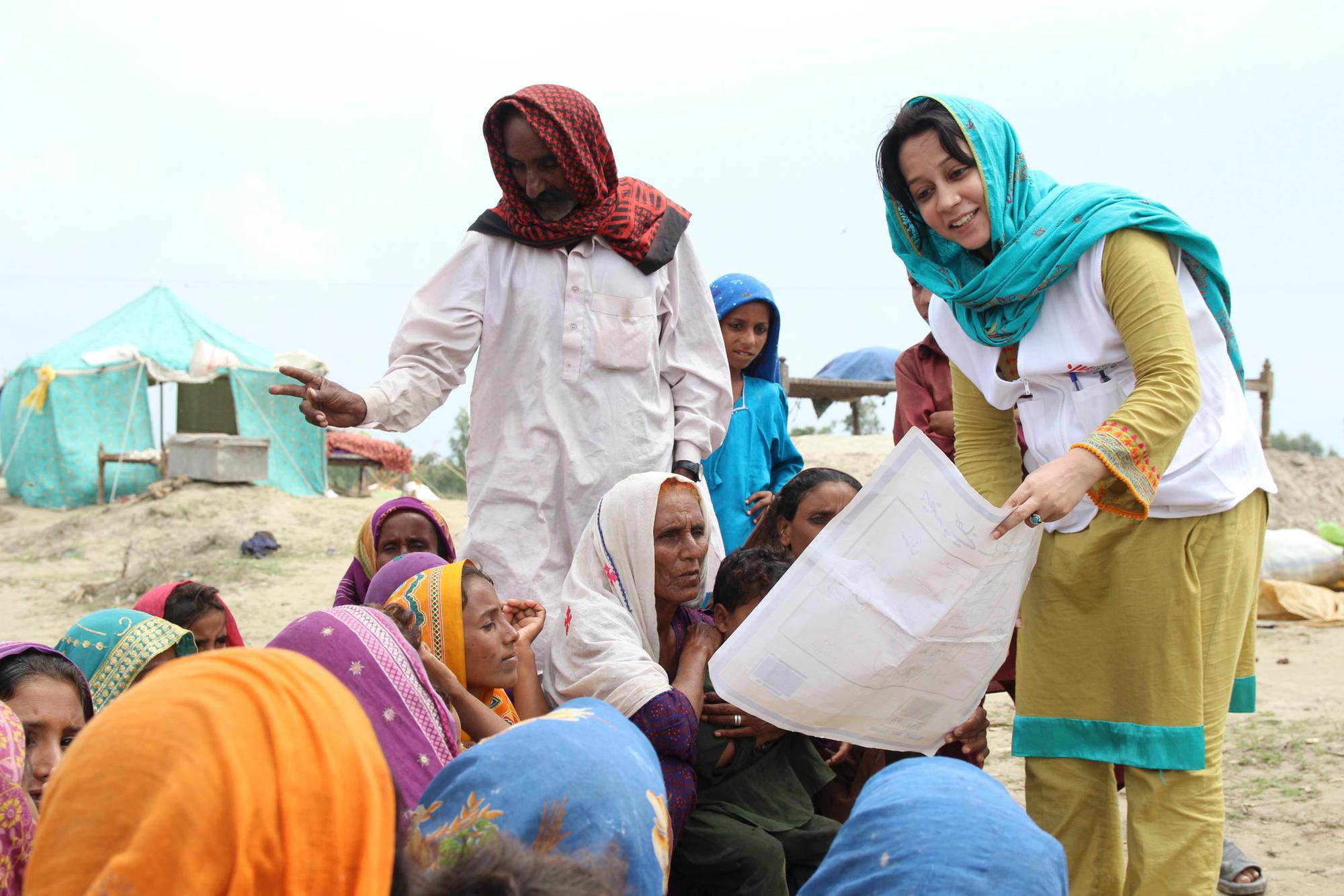Epidemiologist
In the midst of an outbreak, our project teams look to our epidemiologists to learn where and how fast a disease is spreading, and how it can be stopped.
Responsibilities
As an epidemiologist working with Doctors Without Borders/Médecins Sans Frontières (MSF), you will coordinate the collection of epidemiological data, including active case findings, during disease outbreaks as well as set up and evaluate surveys and surveillance systems. You will supervise and train staff and support policy development.
As an epidemiologist, you will help plan the response during a disease outbreak, including participating in active case finding and planning vaccination campaigns as well as water and sanitation interventions. You will also conduct mortality surveys, evaluate and set up surveillance systems and offer other epidemiological support to strengthen evidence-based decision making
Requirements
- Degree in epidemiology, or master’s degree in public health with extensive epidemiology training
- Minimum two years relevant post-qualification work experience
- Practical skills in design, implementation and evaluation of quantitative and qualitative epidemiological research
- Experience in outbreak control
- Ability to design and implement surveillance and other data collection systems for disease and outbreak monitoring, including mortality and nutritional surveys
- Ability to train others in data collection and analysis
- Practical skills working with epidemiological databases and statistical analysis software (Microsoft Excel and at least one statistics program)
- Experience in managing staff in a multicultural team (supervision and training)
- Fluency in English and French (Intermediate+, minimum level B2 in both). Refer to this evaluation grid . Other languages such as Spanish, Arabic, and Portuguese are valued, but not required.
- Relevant travel or work experience in contexts similar to where MSF works (armed conflicts, disasters, public health emergencies or situations of healthcare exclusion)
- Available to work from six to 12 months
Assets
- Relevant diploma, preferably a university degree
- International humanitarian or healthcare, medical management
MSF Core Competencies
- Behaviour flexibility: Level 2
- Adapts behaviour to the needs of the situation
- Teamwork and cooperation: Level 2
- Shares information and coordinates with team and others
- Result and quality orientation: Level 2
- Works towards objectives, preserving established standards
- Commitment to MSF principles: Level 1
- Demonstrates knowledge of and accepts MSF’s principles
- People management: Level 2
- Gives feedback and sets limits
- Cross-cultural awareness: Level 3
- Demonstrates an integrating attitude
- Stress management: Level 2
- Manages own stress
- Understanding of equity, diversity and inclusion (EDI): Level 1
- Familiarity with EDI concepts and their application in a humanitarian context
Familiarity with EDI concepts and their application in a humanitarian context
To find out more about MSF core competencies, please look here.
You can find a comprehensive view of MSF career paths here.
Before you apply
As you consider applying to undertake an MSF assignment, it is essential that you have a well-informed and realistic personal reflection. Assignments often mean long hours with a heavy workload, basic living conditions, and working and living in often chaotic and volatile environments.
Security and Safety
Because Doctors Without Borders’ purpose is to bring medical assistance to people in distress, the work may occur in settings of active conflict, or in post-conflict environments, in which there are inherent risks, potential danger and ongoing threats to safety and security. MSF acknowledges that it is impossible to exclude all risks, but it does its utmost as an organization to mitigate and manage these risks through strict and comprehensive security protocols.
Please watch this video for information on how MSF manages security.
International staff will be fully informed of the risk associated with a potential assignment before accepting a particular posting. Working for MSF is a deeply personal choice; individuals must determine for themselves the level of risk and the circumstances in which they feel comfortable, based on a full and transparent understanding of the possibilities they may face. Once in the assignment, all MSF staff must strictly observe security rules and regulations; failure to do so may result in dismissal.
Terms of Employment
MSF staff are employees with a salary and benefits. See more information on the terms of employment.
MSF encourages the completion of multiple assignments. There are many possibilities for professional growth within the organization, into the medical, non-medical and coordination streams. For more information on learning and development as well as career opportunities with MSF, see our FAQ.
Final Thoughts
As you consider applying to undertake an MSF assignment, is it essential that you have a well-informed and realistic personal reflection. Assignments often mean long hours with a heavy workload, basic living conditions, and working and living in often chaotic and volatile environments.
Despite such challenges, thousands of people have worked with MSF over the years and found their experiences in the field to be deeply rewarding, even life-changing. More than anything else, being an MSF international worker means acting in solidarity with people facing unimaginable medical challenges. Your presence alongside people in times of need sends a profoundly meaningful and human message: “You are not forgotten.”
Please note that occasional technical problems occur with certain browsers (Chrome, Safari, etc.). If you do not receive an email acknowledging receipt of your application, please re-apply with a different browser. If the problem persists, please contact applications@msf.ca mentioning the date and role you applied for.
STEP 1 - REQUIREMENTS CHECK
Answer all our requirement questions below:
STEP 2 - APPLICATION FORM
Please upload your CV in PDF format and reply to the questions below instead of submitting a cover letter.
